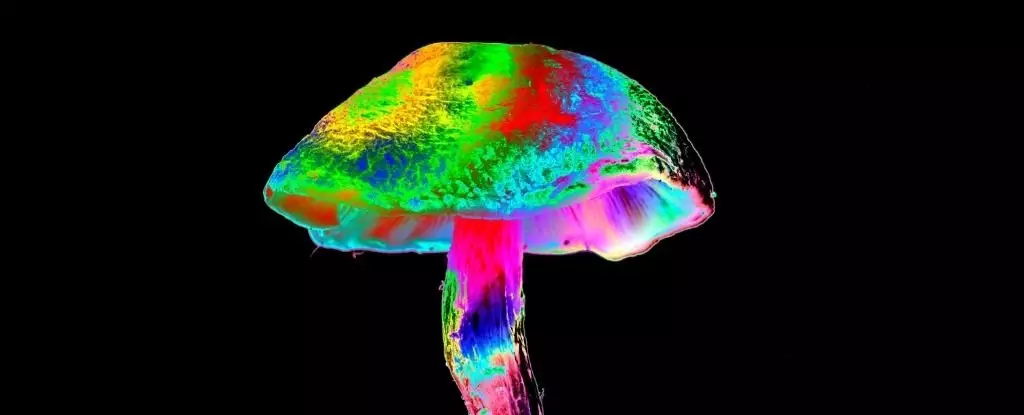Psychedelics have garnered increasing attention in both scientific research and public interest due to their powerful effects on perception, mood, and mental processes. They hold promise for treating various mental health disorders, but understanding their interaction with different conditions, particularly personality disorders, is crucial for safe and effective use.
A recent study conducted at Imperial College London investigated the relationship between psychedelics and mental health, focusing on potential risks for individuals with personality disorders. The study collected self-reported data from 807 people who used psychedelics in different settings, measuring their mental wellbeing before and after use using the Warwick-Edinburgh mental wellbeing scale. While only 16% of participants reported negative experiences overall, a notable 31% of these were individuals with a history of personality disorders.
However, the study faces several limitations, including reliance on self-reported data, a small sample size, a high dropout rate, lack of a control group for comparison, and variations in the types and dosages of psychedelics used. The method of participant selection and lumping different personality disorders together may also skew the results and overlook specific risks associated with each disorder.
Individuals with histrionic personality disorder, borderline personality disorder, and schizotypal personality disorder may experience worsened symptoms or increased instability when using psychedelics. People with narcissistic personality disorder, on the other hand, may struggle with the self-reflective nature of psychedelics due to their difficulty handling criticism and self-importance.
Given the study’s limitations, it is essential to approach its findings with caution while recognizing the potential benefits of psychedelics for mental health. Careful screening for personality disorders is emphasized to ensure safe and effective use of psychedelics. A personalized approach to psychedelic therapy, especially for vulnerable individuals, is necessary to refine its safety and efficacy.
As the field of psychedelic therapy continues to expand, there is a vital need to understand how these substances interact with mental health conditions, including personality disorders. More rigorous methods, such as controlled trials comparing psychedelics to standard treatments or placebos, should be employed. Professional evaluation of personality disorders and uniform psychedelic dosing are also crucial for assessing therapeutic effects reliably.


Leave a Reply